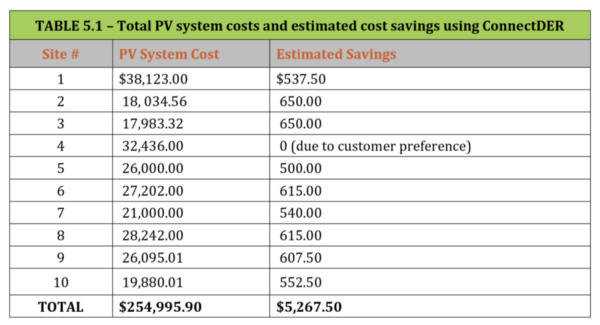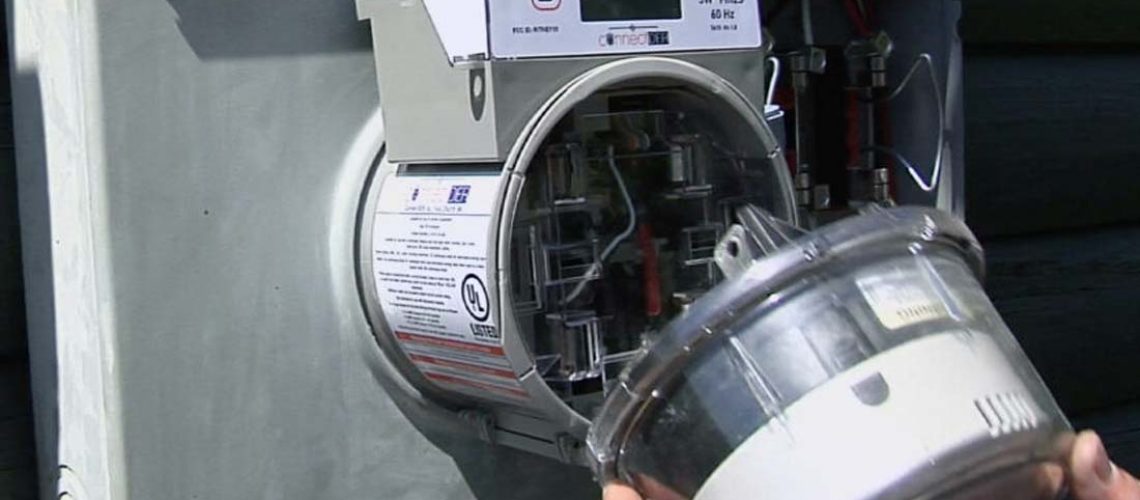The City of Tallahasee has approved ConnectDER meter collars for residential solar installations, adding Florida to the list of several states with tests and/or rollouts.
ConnectDER meter collar products were recently approved for installation in residential solar power projects by the City of Tallahassee. The company has had publicly announced tests or rollouts in New York, Vermont, Ohio, Hawaii, Pennsylvania, Arizona, Maryland, other states, and now Florida.
Meter collars essentially simplify residential solar grid connection, enabling utilities and homeowners to expand access to distributed energy resources (DER). The way a meter collar works is, for electric utilities, they enable load unmasking, detailed remote monitoring, and more. For solar installers, they reduce costs, minimize logistics, and improve safety. For homeowners, meter collars reduce the cost of getting solar, EV charging, and energy storage on the home.
The hardware cost, estimated to be around $400, can save between $400 to $2,000 on a residential solar power project. A ConEdison pilot of 300 units found that the savings were between $400 and $1,500 per installation.
The overarching goal of the hardware is to save a service panel upgrade, which would otherwise increase the price of a solar power installation by greater than $1,000. However, the meter collar product also saves on wiring, and fusing, when connecting directly to the meter and skipping the electric panel.

In a small Maryland pilot, nine installations were estimated to have saved over $5,000. The project managers noted that while none of these projects actually needed service panel upgrades, both time and wiring costs were reduced by the simplification of connections. Project savings estimates were between 2 and 3%.
Contractors on this pilot suggested that ConnectDER shorten their unit, and provide a model that was greater than 200 amp, as many of their high end target customers had larger electric switchgear ratings.
After filing for a patent in 2015, ConnectDER was awarded United States patent number 10,830,802 on November 10, 2020.
The company sees a clear opportunity in mitigating electric panel upgrades. A report putting the price of a panel upgrade at $2,000 each, says there could be as much as $100 billion in potential upgrade costs as the United States seeks to electrify residential housing stock – 48 million panels in total.



